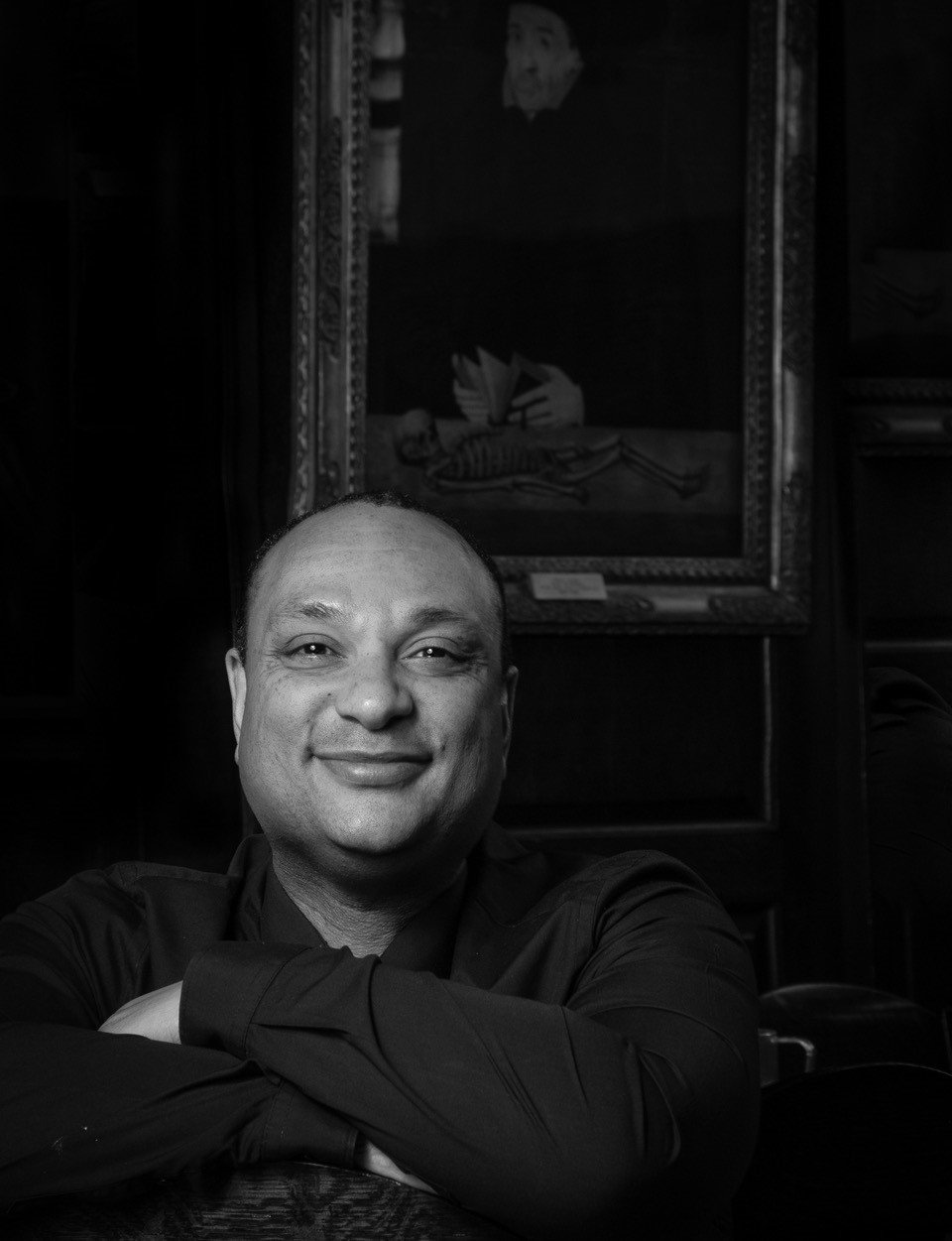Jasen Bustin

My story is like that of many of my family and friends in Oxford. We have diverse families. My mother’s family are from Jamaica and my father’s are from England. My mother was a part of the Windrush generation and came over from Kingston, Jamaica to Oxford in 1960 as a young woman to train as a nurse. She met my father in 1963 and they were married in 1965. As a mixed-race marriage they faced a lot of racism in the late 1960s and 70s, but love always overcomes.
My earliest memory relating to diversity was when I first started school. Oxford is a city of many faces, all different, and I went to school in Cowley. It must have been one of the country’s most diverse places, as you could make friends with people from all over the world. I experienced racism at school from other children – and even their parents – and on the streets. You can imagine some of the names I was called when I was a young boy. At the time I remember being so upset.
I witnessed a change in people’s attitudes during the 1990s as the music scene in the UK started to change. I would go to a lot of ‘free rave’ with my friends and at those raves we were one people, people from all backgrounds, and it was all about the music. In the early 2000s you could also see the change at the Notting Hill Carnival as it became more commercial; I am not much of a historian but it seemed then as if we were all coming together as one. I believed that racism hadn’t gone away but was more underground. I started to notice a change again around 2013 when the country began to talk about leaving the EU. It was the way some people in England were talking about taking back their borders and how they would talk about different races. It reminded me of what my mother and father, family and friends had gone through in the 1960s and 70s. I remember walking down the road to the shops. A van went past me and the guy in the passenger seat had his window down. He shouted at me, ‘You black bastard’, not the strongest thing I have ever been called, but I was amazed to hear somebody shout that at me in 2016. How did it make me feel? I wasn’t even surprised by then that racism was on the rise. We see it all around – it happens to footballers, MPs, actors, doctors and nurses. I will never be ashamed of the colour of my skin, or to have friends from all backgrounds. We are united as one and I celebrate our diversity and culture. I am a proud man.